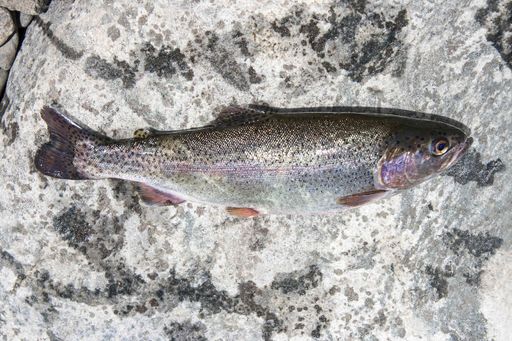A good 71,000 tons of fish are eaten in Austria every year. However, our need for fish can only be met to a fraction through domestic production: in 2023, around 5,200 tons of edible fish were produced in Austria. Some of this was exported and over 77,500 tons were imported. If Austrians only ate local fish, our annual production would have been eaten up by January. Hannes Royerfounder of the Land Creates Life association, says:
“Fish is a very valuable food. And one that still has a lot of potential for domestic food production. After all, we can only cover a fraction of our needs with Austrian fish. Local fish is of top quality – simply because of our excellent water.”
Fish consumption is increasing globally and remains constant in Austria
While people around the world are eating more and more fish, consumption in Austria has remained relatively constant over the past two decades. Around 13 kilograms of fish are consumed per capita in Austria every year. This is relatively low compared to the rest of the world. On average, the EU eats around 25 kilograms of fish, which is significantly more than in Austria. These numbers are the catch weight, i.e. the weight of the whole fish before it has been processed. If you only take into account the weight of the finished fish product, i.e. a fillet, then Austrians average seven to eight kilograms of fish per year. Hannes Royer says:
“We actually don’t eat enough fish in Austria: On average, we only manage to eat half the amount that the general dietary recommendation for fish requires.”
More than half of native fish species are threatened or extinct
Rainbow or salmon trout is the most popular domestic fish species. It produces the most, followed by brook trout and carp. In general, there used to be a significantly greater variety of fish species in Austria. Today more than half of the native species are considered endangered or extinct. The reasons for this are varied, but are mainly due to the regulation of water bodies by humans and partly outdated hydroelectric power plants that prevent fish from migrating. But climate change, the spread of invasive species and agriculture and forestry also contribute to the fact that there are significantly fewer fish species in Austria today.
OTS ORIGINAL TEXT PRESS RELEASE UNDER THE EXCLUSIVE RESPONSIBILITY OF THE SENDER FOR CONTENT – WWW.OTS.AT | LSL
